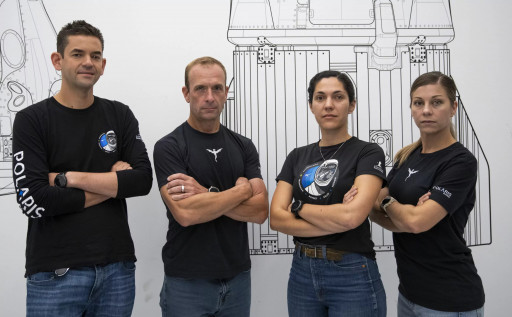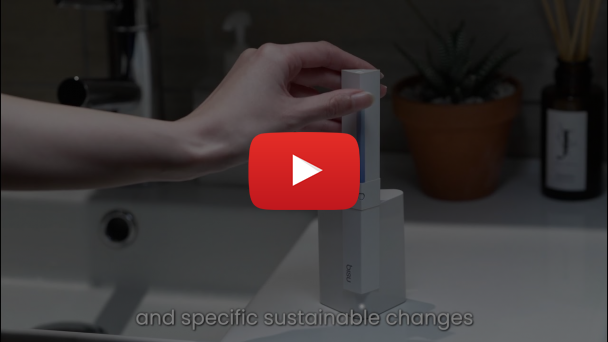TOKYO, Dec. 01, 2022 (GLOBE NEWSWIRE) -- Traveling in space leads to bone loss, muscle loss, and an increased risk of kidney stone formation, often starting within the first 24 hours of spaceflight as calcium levels in bone and tissue decrease and are expelled in urine. A new research experiment, selected for inclusion in the upcoming Polaris Dawn spaceflight mission, aims to show if monitoring the first urine sample in the morning could provide a simple way to track astronaut health in space. If successful, the research will provide a pathway to use compact, new inflight monitoring techniques. The day's first urine sample typically has the highest urine calcium levels in the day and taking measurements from this sample might offer a workable way to assess in-flight bone loss and kidney stone risk. As both space accessibility and long-duration human spaceflights increase, keeping crews healthy by providing personalized, targeted countermeasures will be essential. This will require small, easy-to-use, low-power devices that can provide actionable information using easily obtainable samples of urine or saliva, such as a first-morning void.
Bisu is a startup that helps people improve their health and fitness through lab-grade testing at home. Working with former astronaut Jay Buckey, MD, Professor of Medicine and Director of the Space Medicine Innovations Lab at the Geisel School of Medicine at Dartmouth, Bisu will support the post-flight analysis of first-morning void urine samples gathered from the Polaris Dawn crew to assess the effect of spaceflight on markers of bone loss, muscle loss, and kidney stone risk. If successful, this research could pave the way for inflight monitoring with new technologies, such as the microfluidic urine and saliva analyzer Bisu has developed. Because weightlessness affects people differently, this kind of in-flight monitoring could provide targeted countermeasures.
"People will be spending longer times in space, and they may not be able to do the extensive countermeasure programs currently used on the space station," says Prof. Jay Buckey. "We need simple ways to monitor people while they are in space so that the countermeasure program can be targeted to each person's individual needs. This research puts us on the path toward that."
"We're delighted to be working with Polaris Dawn and Prof. Buckey on this pioneering research," says Daniel Maggs, co-founder & CEO at Bisu. "This research reflects Bisu's commitment to advancing human health by making valuable health data accessible to all - whether on Earth or in space."
About Polaris Dawn
Polaris Dawn is the first of the Polaris Program's three human spaceflight missions. SpaceX is targeting no earlier than March 2023 for Falcon 9's launch of Dragon and the Polaris Dawn crew from Launch Complex 39A at NASA's Kennedy Space Center in Florida. Polaris Dawn endeavors to reach the highest Earth orbit ever flown, attempt the first-ever commercial spacewalk, conduct extensive research to further our understanding of human health on Earth and during future long-duration spaceflights, and test Starlink's laser-based communications in space. For more information, visit polarisprogram.com/dawn.
About Bisu
Bisu is a healthtech startup that provides personalized, preventative advice at home, through nutrition and hormone tests using microfluidic "lab-on-a-chip" technology. In late 2021, Bisu announced a $3.2m seed round and collaboration with ASICS, took home the Good Design Award in the wellness category, and won the US Sports & Fitness Industry Association's startup challenge.
Bisu's flagship product, Bisu Body Coach, is currently in beta and can be applied for at www.bisu.com.
About the Space Medicine Innovations Laboratory at the Geisel School of Medicine at Dartmouth
The Space Medicine Innovations Laboratory is devoted to solving biomedical problems presented by long-duration space flight. The lab has performed work on bone loss, decompression sickness, motion sickness, and psychological countermeasures for isolation and confinement. The lab also advances work that began with NASA into other areas of research.
Please address all press inquiries to press@bisu.com.
Contact Information:
Daniel Maggs
press@bisu.com
Related Images

Image 1: The Polaris Dawn astronaut crew
This content was issued through the press release distribution service at Newswire.com.
Attachment

